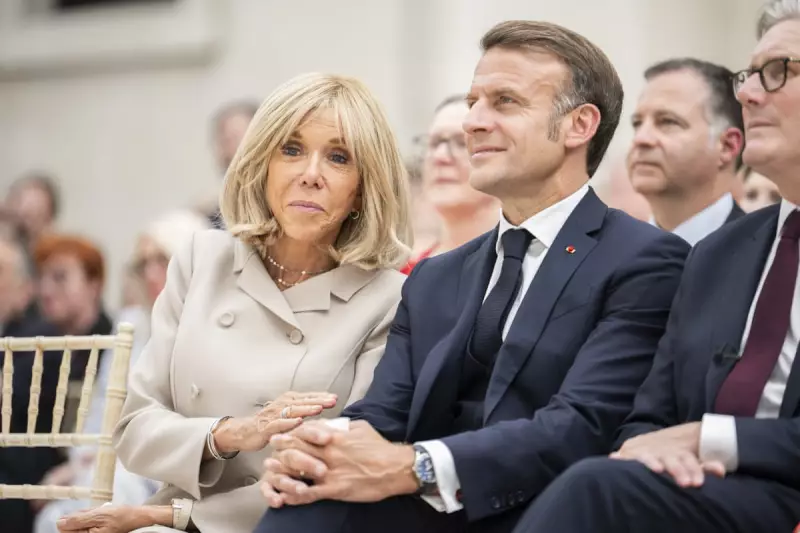
French President Emmanuel Macron and his wife Brigitte have launched a high-profile defamation lawsuit against American political commentator Candace Owens, following her controversial remarks about the couple.
The legal action, filed in Paris, centres on allegations made by Owens during a recent media appearance, where she reportedly made unsubstantiated claims about the Macrons' personal lives. Legal experts suggest the case could set a significant precedent for international defamation law.
The Controversial Comments
According to court documents, Owens' statements, which were widely circulated on social media, allegedly contained false and damaging assertions about the French first couple. While the exact nature of the comments remains under legal scrutiny, sources close to the case describe them as "personally invasive and politically motivated".
Legal Implications
The Macron's legal team argues that Owens' remarks crossed the line from political commentary into defamatory territory. "This isn't about limiting free speech," a spokesperson for the Macron family stated, "but about holding individuals accountable when they spread demonstrably false information with malicious intent."
Legal analysts note that the case raises complex questions about jurisdiction in international defamation cases, particularly when statements are made in one country about public figures from another.
Owens' Response
Through her representatives, Owens has maintained that her comments were protected political speech. Her legal team is expected to argue that as a US-based commentator discussing foreign political figures, she should be protected by American free speech laws.
The case has drawn attention from free speech advocates on both sides of the Atlantic, with some warning about potential chilling effects on political discourse, while others emphasize the need to combat misinformation in the digital age.
What Comes Next
The French court is expected to rule on jurisdictional questions in the coming weeks. If the case proceeds, it could become one of the most watched international defamation cases in recent years, with potential implications for how public figures are discussed in global media.
Observers suggest the outcome could influence how social media platforms handle similar cases in future, particularly when controversial statements cross international borders.





